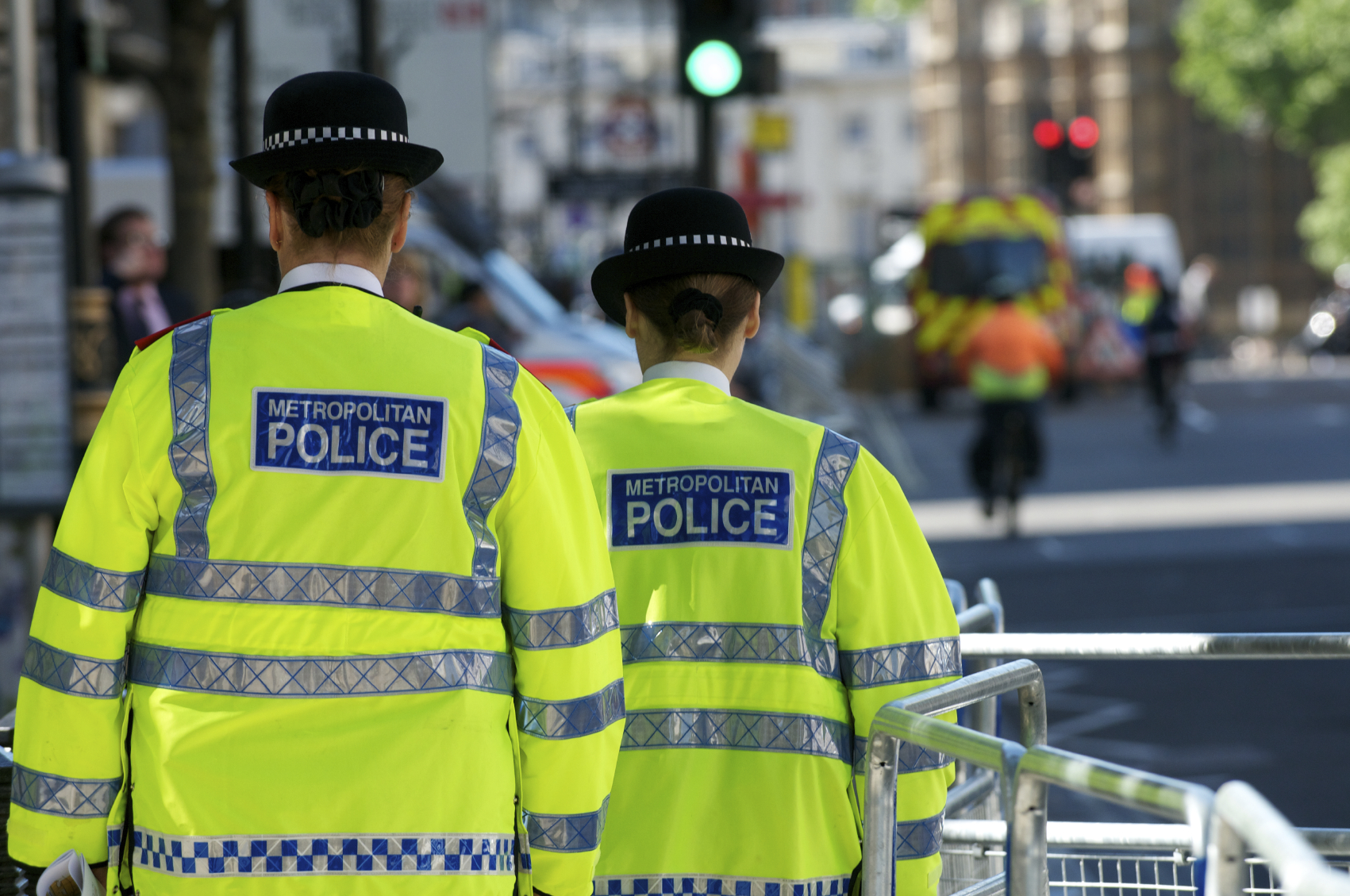Badly fitting uniforms cause pain to police officers
FEMALE officers are in pain and discomfort at work because they are still wearing men’s police uniforms, a study has found.
The research, conducted by the University of Dundee, found that female officers are coming to work in uniforms that “do not meet their personal or operational needs” and that more needs to be done to ensure women have clothes with appropriate cut and design.
Six in ten respondents to the study said they had suffered “pain or injury” as a result of their uniform and 28 per cent said that their uniform had made existing injuries worse or delayed recuperation.
Ill-fitting stab-proof vests and body armour, utility belts and shoulder harnesses were to blame for back and hip injuries, neck and shoulder pain, sciatica, skin rashes, excessive sweating, stomach pain and muscle spasms, the survey heard.
More than half of officers – male and female – said that they felt their uniform hindered their ability to do a proper job.
They complained that their movement was restricted making it hard to run, restrain and apprehend suspects, that driving and getting out of vehicles quickly was difficult, and that radios and personal protective equipment got caught on seat belts, doors, furniture and fences.
And many officers said that poor uniform led to them being cold, wet, sweaty, uncomfortable, fatigued and unhappy.
Ch Insp Fay Tennet, vice president of the British Association for Women in Policing, said: “Police officers, whatever their gender, need to have the kit and equipment and uniform that enables them to do their job.
“Having things that do not fit or do not work or even make people feel excluded is not acceptable. If you are given a kit and are told – “look this isn’t made for you but you can wear it”, it makes you feel like you don’t belong. People can feel excluded.”
The report also recommended that gender-specific summer and winter uniforms should be introduced as women are more susceptible to monthly body temperature changes as well as symptoms of the menopause.
It said: “Many officers appear genuinely concerned about long term health issues through wearing the current uniform. Many described personal hygiene as being very important to them and the service provided. Some officers suggest that a quality designed uniform may actually assist with personal hygiene, reduce absence rates and in real terms save money.”
It added: “It is clear from the general response to this survey that officers feel passionate and are concerned about their uniform. They want to look professional and also maintain a sensible degree of protection from both suspects and the prevailing weather conditions.”
The study was carried out on behalf of Tayside Police – now a policing area of Police Scotland.

